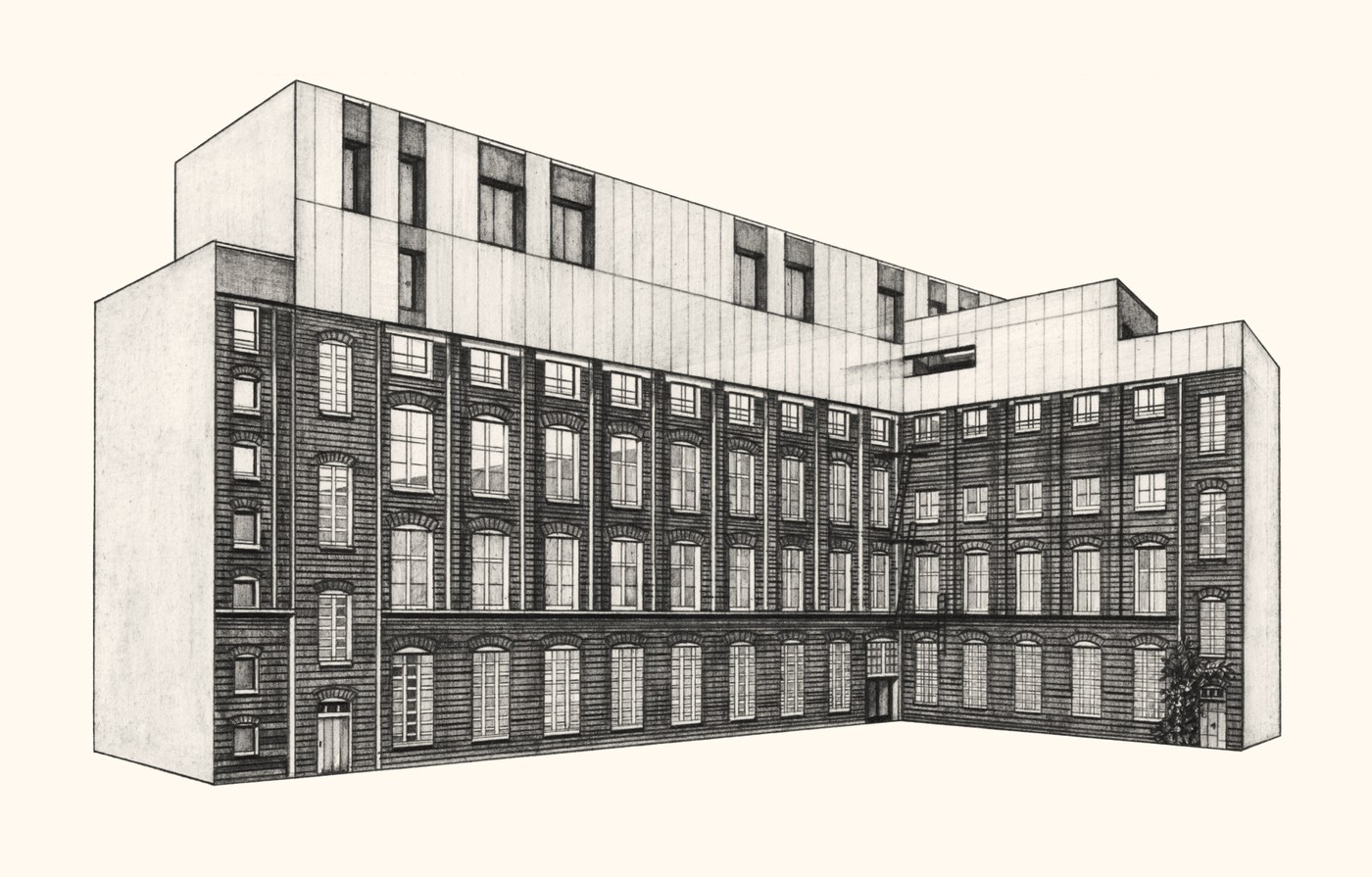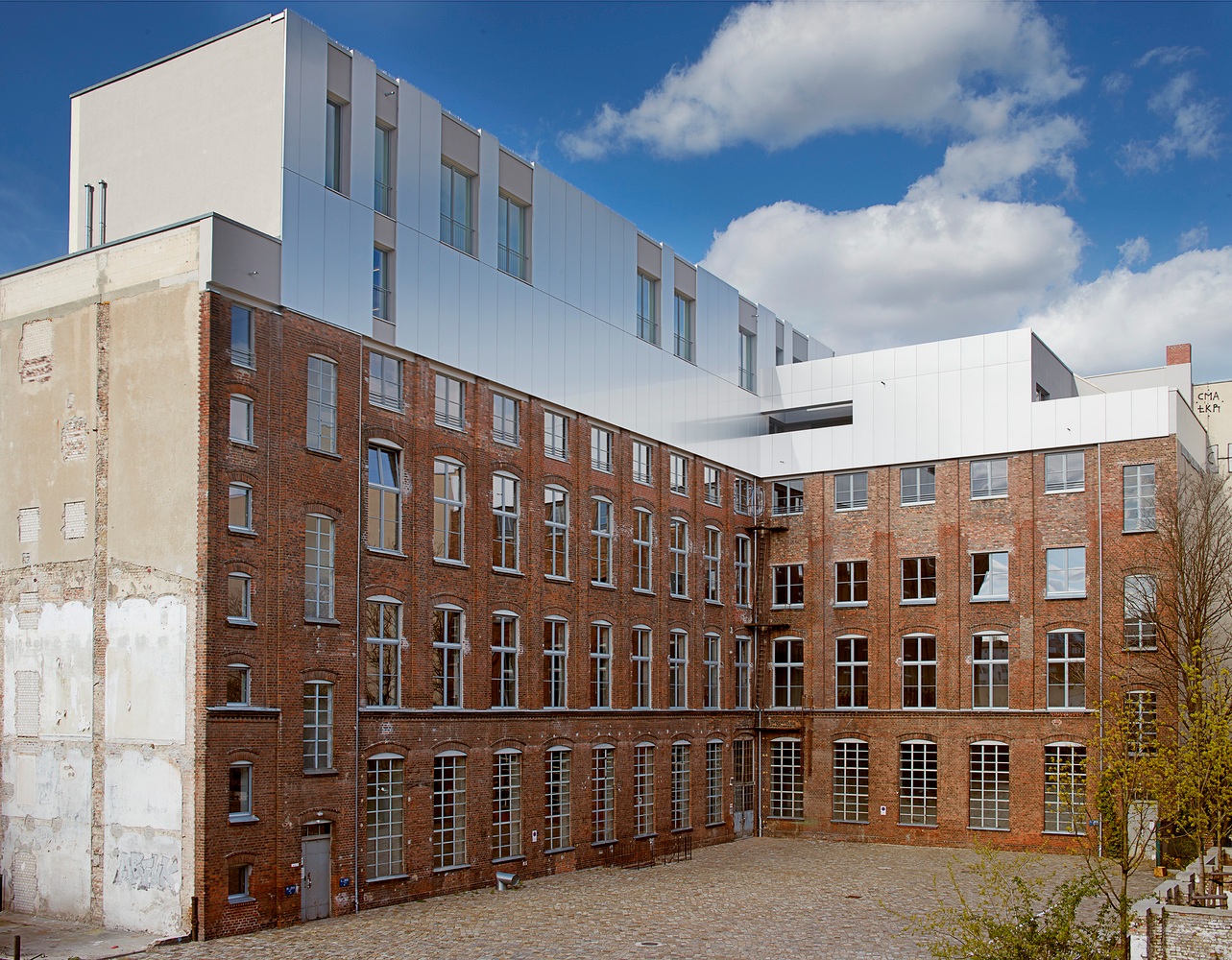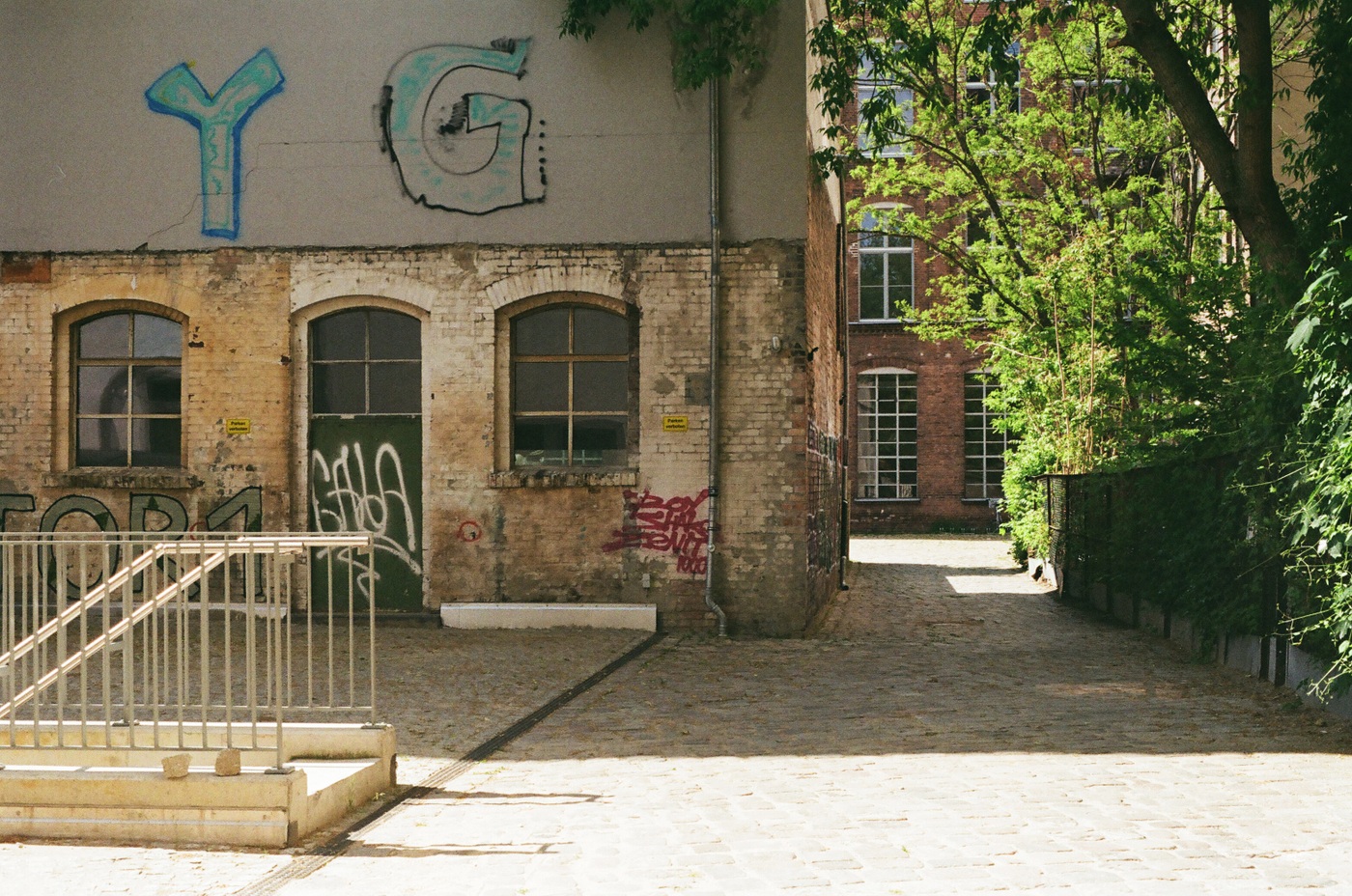
Callie’s is a non-profit experimental institution founded for the purpose of fostering creativity, cultural exchange, and cross-disciplinary collaboration.
Through residencies, exhibitions, and public programs, we strive to support local and international artists while becoming a resource for our immediate community.
Callie’s operates in the spirit of inquiry; our activities are a form of research aimed at developing new models of social and artistic engagement.
An experimental institution
Callie’s has a number of distinguishing attributes, one of which is its identification as a non-transactional space. The residency program is designed to support artists without asking anything in return, thus there are no requirements for production or participation in programming.
Callie’s has no fixed exhibition or residency schedule and will likely experience periods of greater public activity, as well as intervals that are quieter when we are focused on research, planning, or production. The ubiquitous standard for exhibition calendars is a construct from which we have chosen to deviate.
The residency program aims to be responsive to the needs of our residents and to the state of the world. By eliminating predetermined outcomes we acknowledge the increasingly precarious material conditions for artists that, by extension, limit experimentation and risk-taking.
The residency program is at the heart of everything that happens at Callie’s; it allows us to develop durational relationships with artists that can evolve over time.
Kalliopē
“Callie’s” is an invocation of Kalliopē, the muse of epic poetry in ancient Greece.
The muses were sources of knowledge and personifications of guiding genius, especially in the areas of the arts and sciences. Daughters of Zeus, the muses were imperfect figures with their own complex lives. Kalliopē was a teacher and a mother; she famously taught her son Orpheus to sing and write verses. She is also rumored to be the mother of the Sirens.
To invoke a muse, one must call to her and ask for help. The Roman poet Virgil invokes Kalliopē in the Aeneid and Dante invokes her in the opening pages of Il Purgatorio—both implore her to help them write.
The word “museum” originates from the Greek mouseion or “place of the muses.” However, the mouseion was nothing like the museums of today: the Mouseion at Alexandria was an institution where the best scholars of the time gathered—under the protection of the muses—and conducted research, wrote, and lectured. They received free room and board, had private working quarters, and came together to dine communally, where they routinely shared ideas.
The Mouseion’s library was a repository for knowledge and collected all available literature within the known world. The Greek literary canon, beginning with Homer, was compiled and edited by the scholars at Alexandria.
“Callie’s” is a playful nickname that pays homage but also seeks to reflect on what purpose an institution should serve in the 21st century. The name is possessive to indicate that the space is in the domain of Kalliopē—a personification of knowledge, guidance, and the female labor that is essential to human life.
The Building
Callie’s building has witnessed a long and varied history. Built in the 19th century as a machine factory, the complex was a site of manufacturing for over 100 years, producing everything from “American Machines” to uniforms for the West German police. In 2013, after more than 20 years of disuse, a renovation process began.

Callie’s. Photo by Nick Ash.
The Neighborhood
Today Wedding is one of the most international district in Berlin. Learn about the history of this fascinating neighborhood, from its founding in 1210, to its evolution into a Communist working class neighborhood and a site of resistence against the Nazi party.

Central and yet hidden: Callie’s lies in a quiet Wedding backyard.